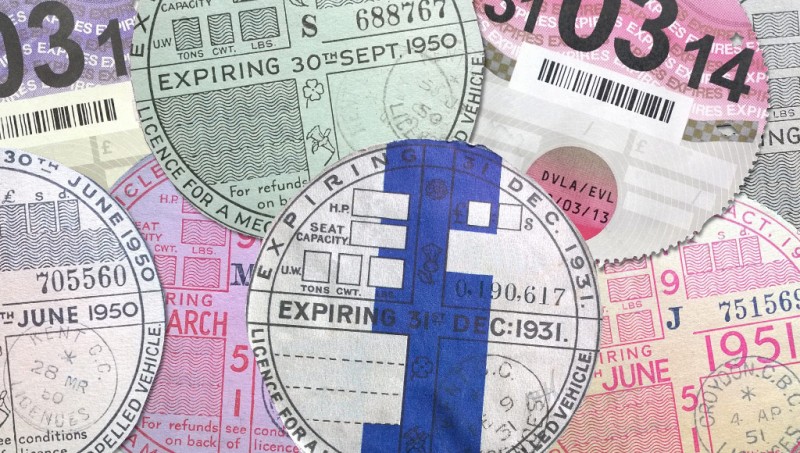Whether you own a Lada or a Ferrari, the faithful paper tax disc has accompanied drivers since 1921. We have all experienced the annual routine of receiving the dreaded renewal reminder, painful post office queues, and fiddly perforations. However, as of the 1st October 2014, these will become distant memories, as we wave goodbye to our paper friend.
Following a new measure announced in the 2013 Autumn Statement, the DVLA and police will no longer rely on missing or out- of-date discs to catch tax evaders; instead a futuristic electronic register, will work alongside Automatic Number Plate Recognition cameras to ensure compliance.
So what does it mean for you? In simple terms, not much! Unfortunately, road tax is still mandatory for all, including vehicles that are exempt from payments (i.e. the electric car!). You will still receive renewal reminders and you will still be able to purchase tax from the Post Office, online and via telephone.
From October, you will be able to pay annually, bi-annually or monthly, just as before, or via newly added Direct Debit option. Payments will automatically continue, providing that your MOT remains valid, until you sell the car, register as SORN or cancel the standing order with the DVLA. So, for the majority of us, no more wasting lunch breaks in Post Office queues!
The major impact of going paperless will be for those buying or selling used cars. Under the new system, you will no longer be able to transfer tax with the sale of a vehicle. Any outstanding tax will be automatically refunded to the seller, leaving the vehicle untaxed and the buyer immediately responsible. However, the seller remains solely responsible for informing the DVLA of a change of ownership and failure to do so, could result in a £1,000 fine.
This will no doubt introduce an added complication to the used car world; however, for the average motorist the administrative hassle of acquiring a paper disc will be a thing of the past, as will the wait for it to arrive in the post.
Furthermore, according to HM Revenue and Customs, whilst the initial cost of going paperless will cost the country an estimated £13-16 million, in the long run the paperless system aims to save the country £7 million per annum.
So is it worth it? Yes. Even though the 1st October signifies the end of an era, confining paper discs to history books and disc holders to car boot sales. With all the technological marvels of the modern age, we should question why we are still reliant on paper discs to catch criminals? This new system should reduce tax evasion, save the country millions and save paper too.
Originally published: AutoVolt Magazine, September 2014.

